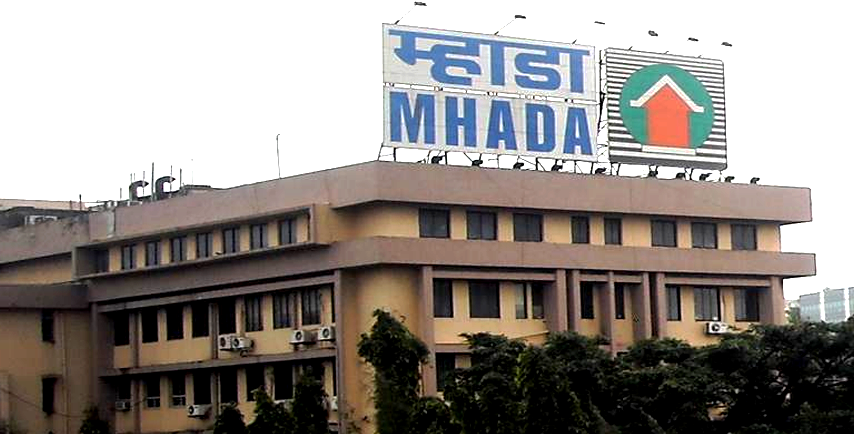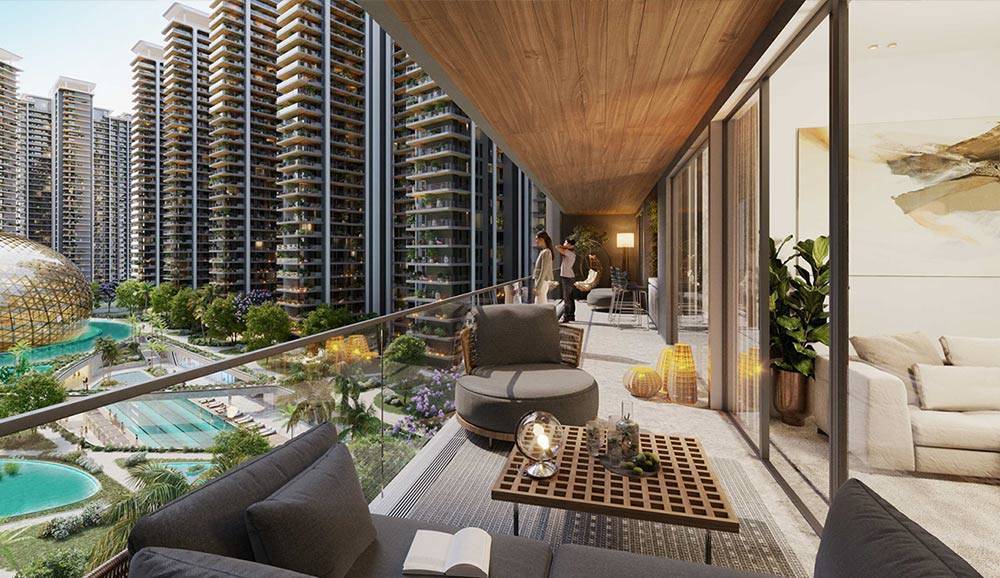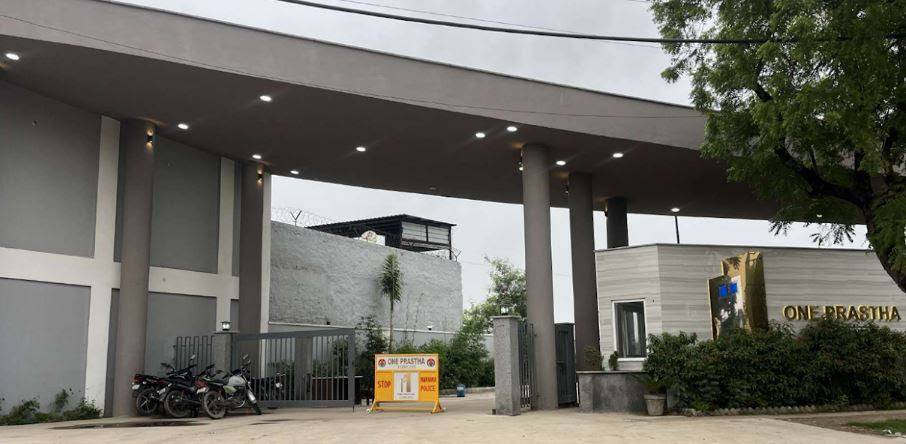The Maharashtra Housing and Area Development Authority (MHADA) has decided to take control of a long-delayed redevelopment project in South Mumbai that has been stuck for almost 15 years. The move follows two failed attempts by developers to complete the project, which began in 2013 but remains unfinished. MHADA informed the Supreme Court of its decision to intervene after the project continued to face significant delays despite approval and efforts to revive it.
The redevelopment project involves the Parvati Building, located in Bhuleshwar, South Mumbai. The building originally housed about 100 tenants, many of whom have been waiting for years to move into their new homes. MHADA had approved the redevelopment plan in 2013, appointing developers to execute the project and provide necessary facilities for the tenants during the redevelopment process.
However, the redevelopment has faced several hurdles. The developers were responsible for providing temporary accommodation and paying rent to the displaced tenants during construction. Reports indicate that the developers defaulted on rent payments totaling over ₹12 crore. This failure left many tenants in difficult financial situations, unable to secure adequate temporary housing.
Legal Intervention and Supreme Court Orders
The stalled status of the redevelopment project led to a petition filed by Najaribai Jain, a tenant of the Parvati Building, in October 2024. The petition drew the attention of the Supreme Court, which summoned MHADA’s chief officer to appear in April 2025 to explain the situation and the delays.
In response, MHADA presented a plan to the Supreme Court indicating that it would take over the redevelopment under Section 91-A of the Maharashtra Housing and Area Development (Amendment) Act, 2020. This legal provision allows MHADA to intervene directly in projects that have remained stalled for an extended period.
The Supreme Court’s order dated May 13, 2025, accepted MHADA’s proposal and directed the authority to proceed with the redevelopment process. The court also instructed MHADA to provide transit accommodation to eligible tenants while the redevelopment is ongoing. If tenants refuse transit housing due to its location being far from the original property, MHADA must pay rent to those tenants at current rates.
The court has set the next hearing date for August 18, 2025, to review the progress of the redevelopment under MHADA’s management.
The redevelopment delay has had a significant impact on the tenants of the Parvati Building. Many have been living in temporary accommodations for years, without receiving the agreed-upon rent payments from developers. This has placed a financial burden on the residents, some of whom have limited resources.
Najaribai Jain, who lives in a 543-square-foot unit, represents the plight of many affected residents. The stalled redevelopment means that tenants remain in uncertain and difficult living conditions, waiting for a resolution that has been pending for more than a decade.
Advocate Nilesh Gala, representing the tenants, expressed that MHADA’s takeover was necessary and in line with the intent behind the amendments to the MHADA Act. These changes were made to help resolve long-pending redevelopment projects and protect the interests of tenants.
The project’s long delay can be attributed to multiple factors, including financial defaults by developers, regulatory challenges, and possible coordination issues between various stakeholders. Developers appointed for the project failed twice, and each failure pushed the timeline further back.
The delay also points to broader issues in Mumbai’s redevelopment sector, where projects are often delayed due to complex land ownership, financing problems, and compliance hurdles.
MHADA’s Role Moving Forward
By taking over the redevelopment, MHADA assumes full responsibility for completing the project. The agency will manage the redevelopment process, including ensuring tenants receive timely transit accommodations and payments.
The move by MHADA is expected to bring some clarity and momentum to a project that has remained stalled for years. Given MHADA’s statutory authority and experience in managing housing projects, stakeholders hope the project will see progress and ultimately completion.
This case highlights the challenges faced in urban redevelopment in Mumbai, especially in older areas with dense populations and complicated ownership structures. MHADA’s intervention under the amended law shows a shift towards stronger government action to prevent long delays in housing projects that affect large numbers of residents.








.png)